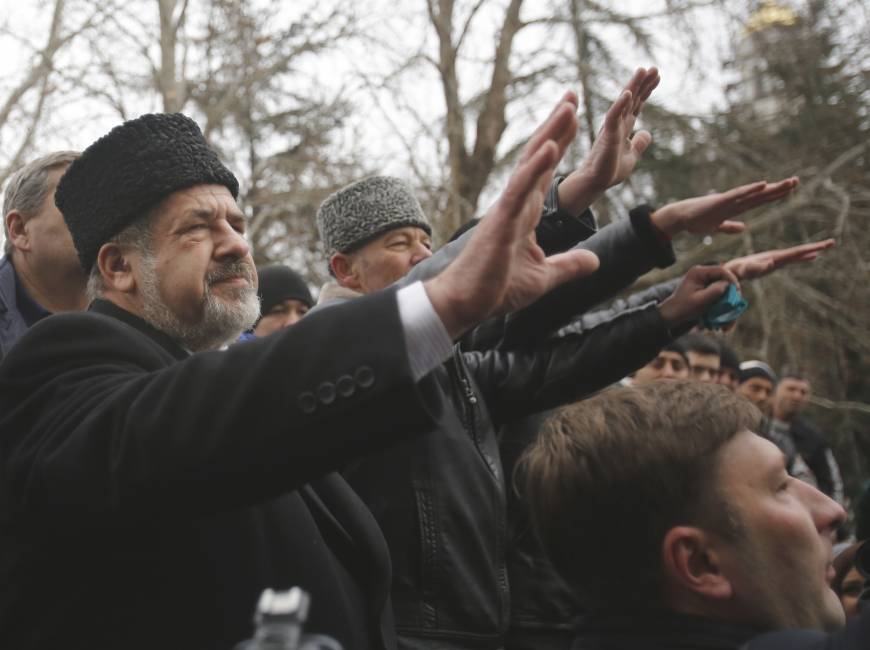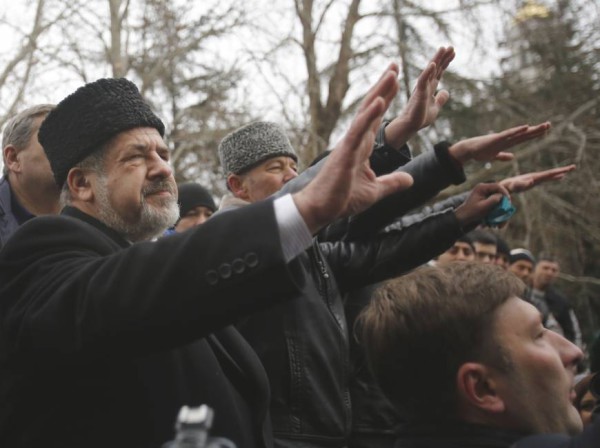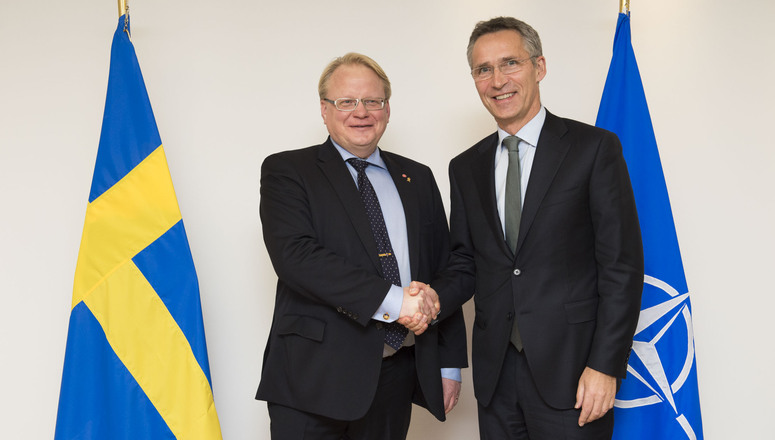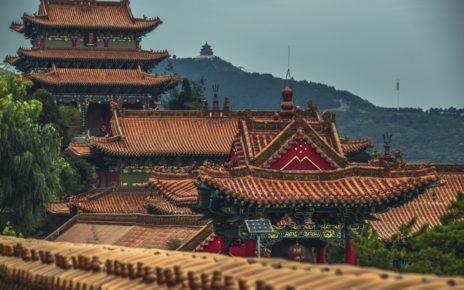As the crisis in Ukraine continues to unfold, the future of the Crimean Tatars — an indigenous minority inhabiting the Black Sea peninsula — remains uncertain. Meanwhile, in Canada, the indigenous peoples of Quebec struggle to assert their right to self-determination in the face of a potential referendum on sovereignty. While it is certain that these peoples are striving to affirm their rights in very different contexts, the similarities between the plight of the Crimean Tatars and the concerns of the indigenous peoples in Quebec are undeniable. A comparison of the two issues serves to bridge the gap between international affairs and Canadian politics.
The Tatars are a Turkic ethnic group that makes up approximately 12% of Crimea’s total population. The group formerly comprised the majority population in Crimea from the time of their origin in the 15th century to the mid-1940s, at which time Stalin accused the Tatars of Nazi collaboration and deported the entire population to labour camps in Siberia. Ten years later, Crimea was given to Ukraine by the Soviet Union; in 1980, the Tatars were allowed to return to their homeland. Today, the Tatars continue to struggle to reaffirm their national and cultural rights in Crimea amid social and economic marginalization. Despite this, Tatars have successfully formed an independent body known as the Kurultai, which represents the interests of the Tatar people in Kiev and has formed key alliances with several Ukrainian political parties.
In Quebec, Mohawk, Cree and Inuit peoples make up the bulk of the province’s indigenous minority population. For decades, the relationship between these peoples and the Canadian federal government has been nothing short of tumultuous. In the early 1800s, indigenous peoples were forced to cede their lands to the British Crown amid intense racial violence. In 1876, the Indian Act established measures such as the reserve system and the distinction between “status” and “non-status” Indians — both of which are still in practice today. Following the Indian Act, the Canadian government introduced residential schools which sought to assimilate indigenous peoples by erasing their languages, culture and traditions. In recent decades there has been a reaffirmation of indigenous rights, though most indigenous peoples remain socially and economically marginalized.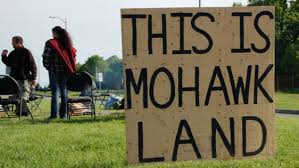
In similar fashion to the Crimean Tatars, the indigenous peoples of Canada have formed an independent body called the Assembly of First Nations, which represents the diverse interests of indigenous peoples vis-à-vis the federal government. In addition, like Crimea, northern Quebec territory – which is inhabited by most of the province’s Cree and Inuit peoples – was not originally a part of Canada. Prior to the foundation of Canada, the lands of northern Quebec had been a part of Rupert’s Land – the territory administered by the Hudson’s Bay Company by order of King Charles II. In 1870, all of Rupert’s Land was ceded to Canada, and became the District of Ungava of the Northwest Territories. In 1898, Quebec expanded its borders to the north, laying claim to the areas of the District of Ungava north of the Eastmain River. In 1912, the area was officially transferred to Quebec, under the condition that a treaty be negotiated with the indigenous peoples recognizing their cultural rights and surrendering their title to the lands to Quebec and Canada (it should be noted that the government of Quebec did not actually undertake these negotiations until the historic James Bay and Northern Quebec Agreement of 1975).
When it comes to the present crisis in Ukraine, the Tatars have voiced their strong opposition to the Russian takeover of Crimea. This month, thousands of Tatars marched in the streets of the Crimean regional capital in favour of Kiev’s new government. A clash between the Tatars and many Russian separatists ensued, leaving many Tatars injured. As a result, many Tatars fear for the safety of their communities if conflict with Russian forces were to break out. The Tatar people have consistently rejected the recent referendum on Crimean annexation and identify as Ukrainian citizens. The United States also vehemently opposed the Russian-led referendum, which in turn caused the Tatars to turn to the US for support as they boycotted the vote. The Russian government has stated that all residents of Crimea must either accept Russian citizenship or apply for residents’ permits within the 30-day period following March 24th. To date, the Russian government has remained silent on the rights of those who refuse to change national allegiances – like the Tatars. As a result, Crimea’s indigenous population once again fears exile.
In Quebec, if the incumbent Parti Quebecois is successful in securing a majority in the April 7th election, many argue that it is highly likely that the government will call a referendum on sovereignty. In response, indigenous leaders have claimed that Quebec’s indigenous peoples are not subject to the result of a referendum vote and have the right to determine their own future when it comes to separation. According to Ghislain Picard, Chief of the Assembly of First Nations of Quebec and Labrador, “Quebec can decide what it wants in terms of its culture, its identity and its development, but it cannot claim sovereignty over a territory which is still, fundamentally, First Nation.” During Quebec’s last referendum on sovereignty in 1995, indigenous peoples held referendums of their own, voting overwhelmingly against Quebec becoming independent. This month, leaders from Mohawk communities reaffirmed their intention to boycott a vote, claiming that they will likely declare their own independence if a re-elected Parti Quebecois succeeds in winning a sovereignty referendum.
As both Crimea and Quebec face issues relating to separation, it will be interesting to see how the concerns of the Tatars and the Cree, Mohawk and Inuit are addressed. The strong opposition of these groups to questions surrounding sovereignty is just one similarity among many that highlights the historic injustices that these marginalized groups continue to face.

